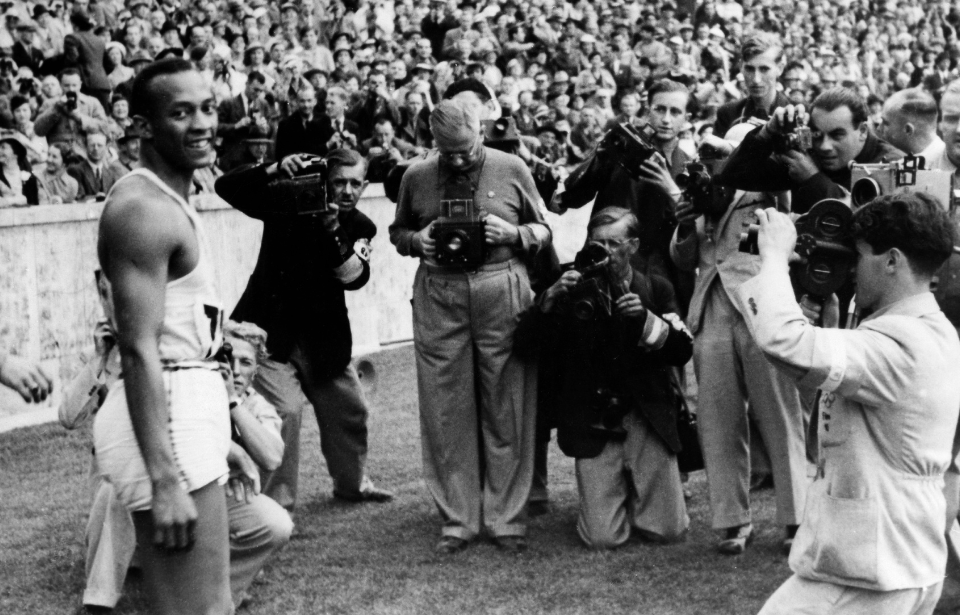The 1936 Summer Olympics in Berlin was the first widely televised event in history. These Olympics will always be known because of the German Führer’s intention to turn the international sports event into a showcase of racial supremacy.
The Führer’s architects had built a colossal 100 thousand-seat track and field stadium, six new gymnasiums, and several small arenas to advertise the grandeur of Germany.
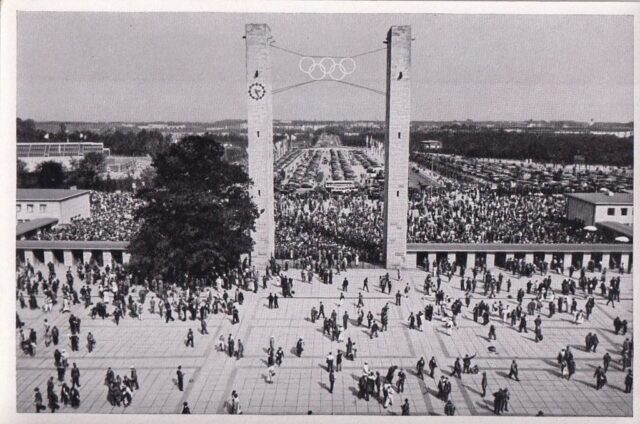
Although German athletes were very successful at the Olympics, the absolute icon of the event was Jesse Owens, an African American who won international praise by winning four gold medals: in 100 meters, 200 meters, long jump and 4 x 100 meter relay.
Owens was a son of a sharecropper and a grandson of a slave, and he had no sponsors. Still, he managed to beat everyone and display his unbelievable talent.
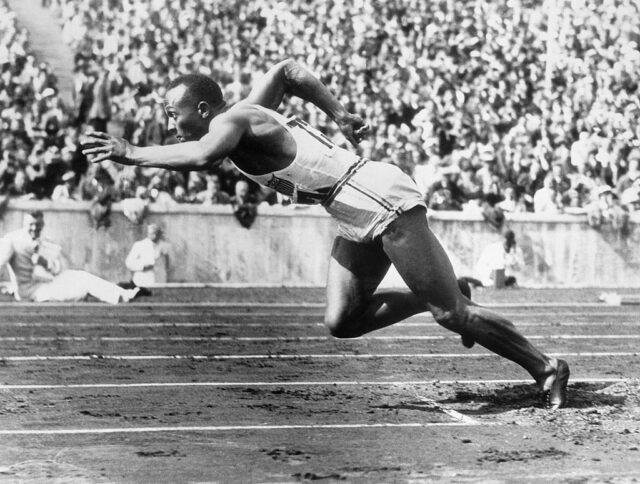
Adolf “Adi” Dassler founded the iconic sports company Adidas in 1924. In 1936 he wanted to use the Summer Olympics to advertise his sports company and wanted to provide athletes from all over the world with his equipment.
Dassler and his friend, Jo Waitzer, the coach of the German team, decided that they would offer their specially designed running footwear to as many contestants as possible, including Jesse Owens.
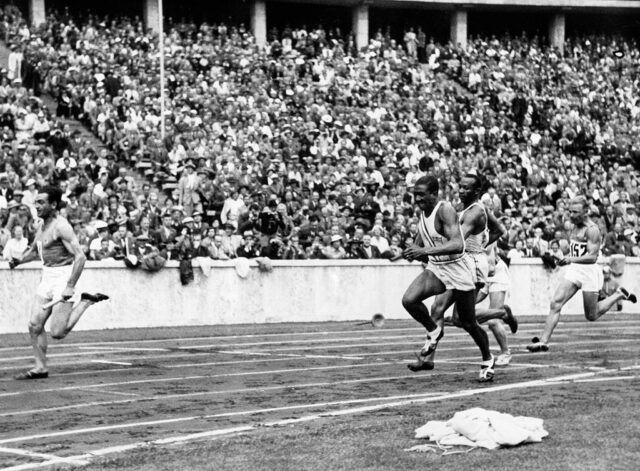
Dassler and Waitzer were aware of the danger of an African American contestant wearing German shoes. African Americans were targets of the Führer’s vile ideology, and Adidas would easily become a target of severe repercussions from the German government. Still, Dassler and Waitzer disregarded the possible dangers concerning the promotion of their product. They approached Owens at the Olympic Village and offered him the special shoes that were designed and crafted by Dassler himself.
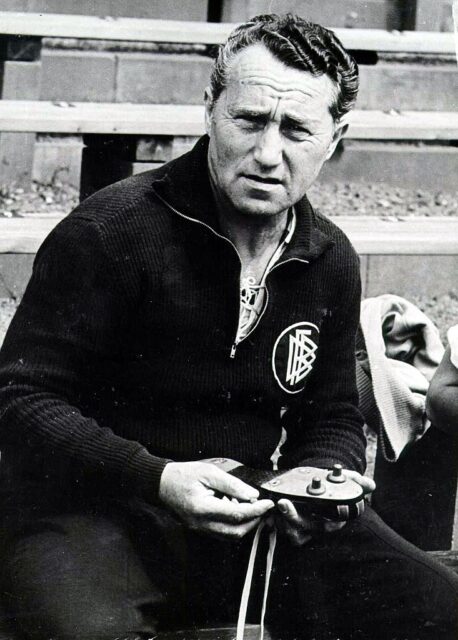
Owens was amazed by the shoes, which had long hand-forged spikes and were made of resilient leather. He said that he would either wear these shoes or no shoes while competing. He wore the shoes when he won his medals and officially became one of the greatest athletes in history.
After the first victory ceremony, the Führer came to the podium and congratulated only the German athletes. International spectators reacted to this with reproach, and he decided not to approach the podium to greet the winners for the rest of the event. Contrary to popular belief, he in fact never refused to shake hands with Owens. He decided not to greet any winners after the first victory ceremony.
The press of the time reported that the Führer gave Owens a brief salute when Owens passed by his spectator box. Owens himself stated that the German leader never expressed a negative reaction; sadly, Roosevelt, the American president of the time, was the one who disappointed Owens:
“[The] Führer didn’t snub me – it was our president who snubbed me. The president didn’t even send me a telegram.”
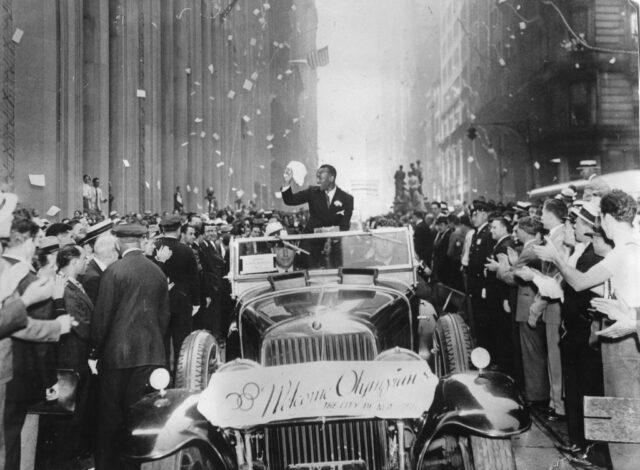
Owens will always be remembered as an international icon of pride and perseverance, and Adi Dassler will be forever known as a man who didn’t let vile ideology get in the way of his marketing efforts.
More from us: Gone But Not Forgotten: 10 Weird Events Of Olympics Past
Dassler’s company went on to become one of the best sports equipment companies in the world. At the same time, Dassler’s older brother Rudi founded Puma, another successful company that is still among the giants of sports equipment.
